Broek op Langedijk, The Netherlands-based E-magy, an advanced materials company, announced on Wednesday that it has secured €20.5M in a Series A round of funding.
Investors such as Hydro, Invest-NL, and Rubio, together with existing impact investors SHIFT Invest and PDENH, provided €15M.
In addition, E-magy is set to receive a €5.5M subsidy from the Dutch National Growth Fund programme NXTGEN HIGHTECH, which aims to contribute to structural and sustainable economic growth in the Netherlands.
E-Magy says it will use the funds to prepare for industrial-scale production and meet the growing demand from battery manufacturers and automotive OEMs for high-energy batteries.
“These funds will help us transition from our current pilot facility to a higher capacity, next-generation production line, ensuring we have the necessary capacity to meet growing market demand for higher energy density batteries,” says Casper Peeters, CEO of E-magy.
“We’ll also be able to grow our engineering team, bringing in more battery scientists and application engineers to support our customers in achieving the best results with our advanced materials,” adds Peeters.
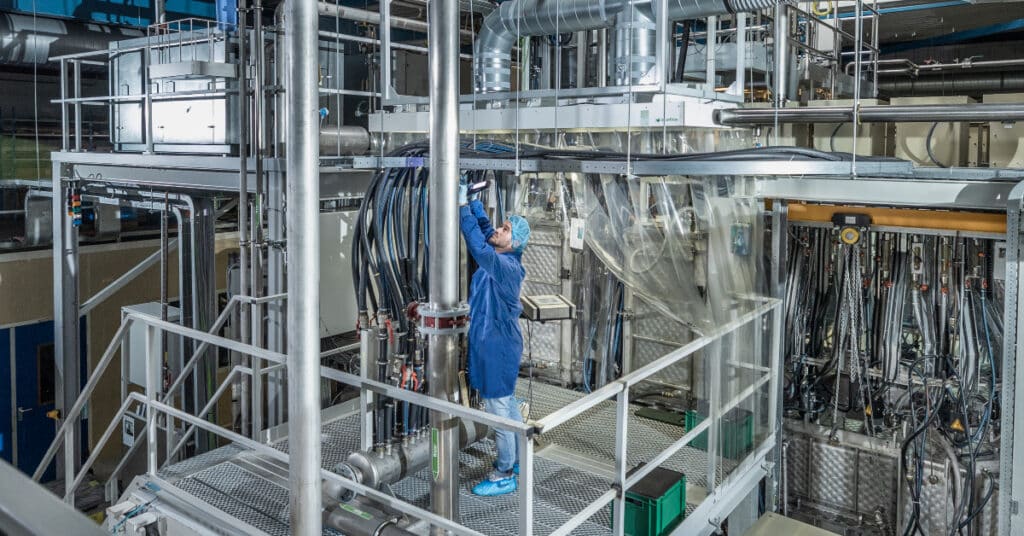
What does E-magy solve?
Currently, the most commonly used lithium-ion batteries in electric vehicles (EVs) feature graphite as the active anode material. However, graphite has physical and chemical properties that limit batteries’ storage capacity.
Silicon has been identified as a promising alternative anode material due to its wide availability and increased capacity, which is ten times that of graphite.
However, batteries that use silicon-dominant anode materials typically swell and break when charged and discharged, which is frustrating for battery manufacturers.
Addresses issues with nanoscale porous structure
Casper Peeters (CEO), Bert Kraaijveld (COO), and Axel Schönecker (CTO) are the people behind E-magy. The Dutch company has developed a new kind of silicon material with a nanoscale porous structure that solves this problem.
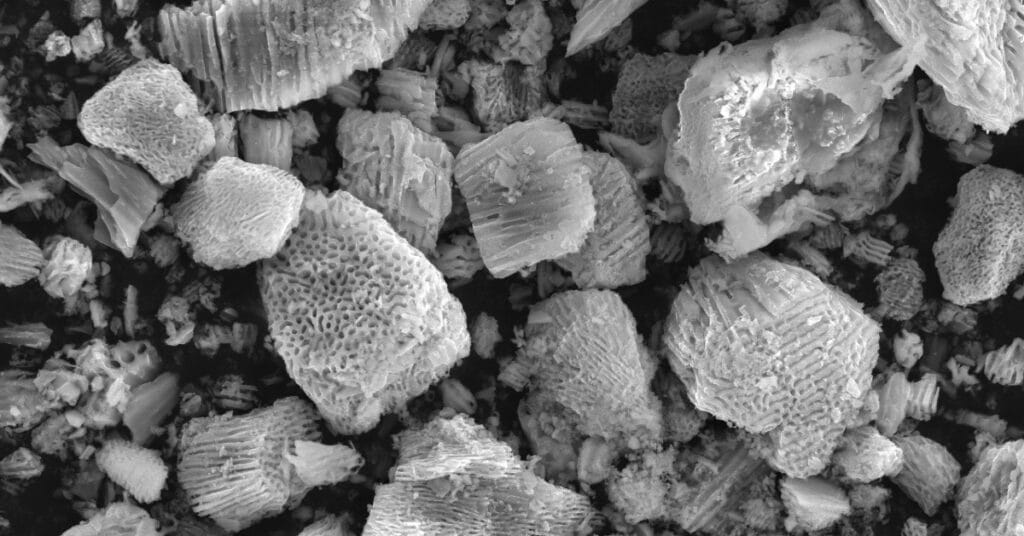
This innovative silicon-dominant anode material prevents batteries from swelling and breaking by containing the swelling within the nanopores.
E-magy claims its solution offers a 40 per cent higher energy density than existing graphite solutions and enables faster charging.
Additionally, E-magy’s technology is scalable, using low-cost metallurgical-grade silicon that is abundantly available and environmentally benign.
It is produced in a state-of-the-art production facility near Amsterdam, The Netherlands.
The Dutch company’s silicon is also compatible with existing lithium-ion battery manufacturing processes and installed factory equipment, making it a low-risk and easy-to-adopt solution.
The Investor
Hydro is an industrial company that builds businesses and partnerships for a more sustainable future.
Since 1905, Hydro has turned natural resources into valuable products for people and businesses, and employs 32,000 employees in more than 140 locations in 40 countries.
Hydro, through its businesses, presents a broad range of market segments for aluminium, energy, metal recycling, renewables, and batteries, offering a unique wealth of knowledge and competence.
“Hydro aims to industrialise and scale sustainable battery materials by working with partners and leveraging our capabilities,” says Morten Halleraker, Head of Batteries at Hydro.
“E-magy is a technology company with a promising product looking to improve battery performance significantly. Developing new battery technologies and materials will boost the green energy transition, and we believe silicon anodes will play an important role in this development,” adds Halleraker.



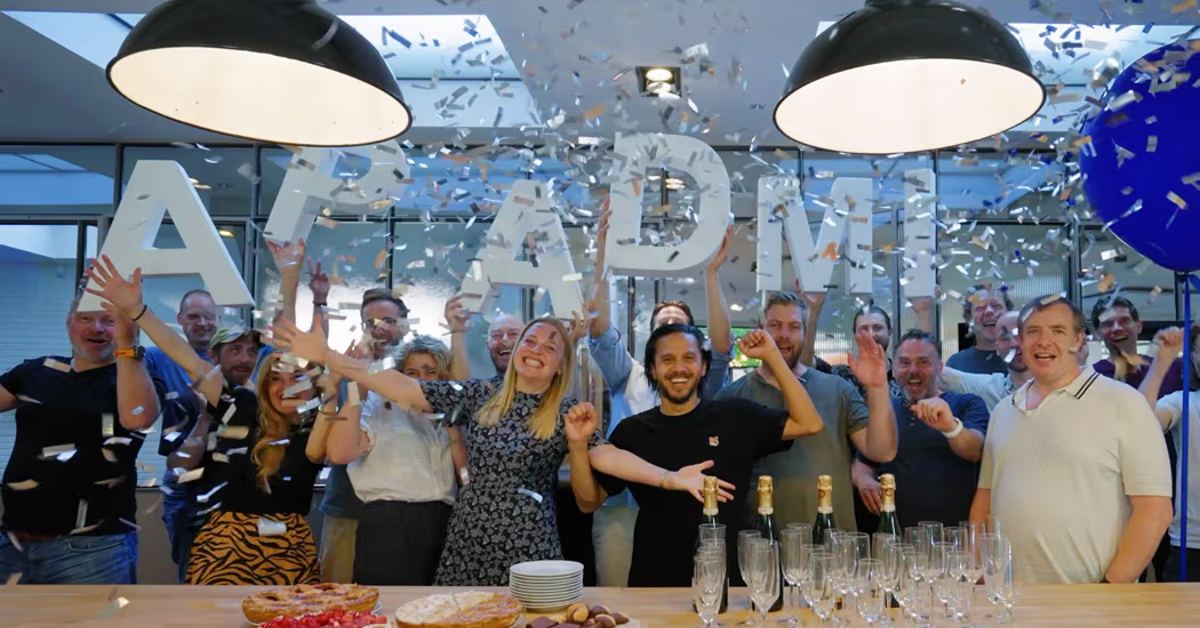
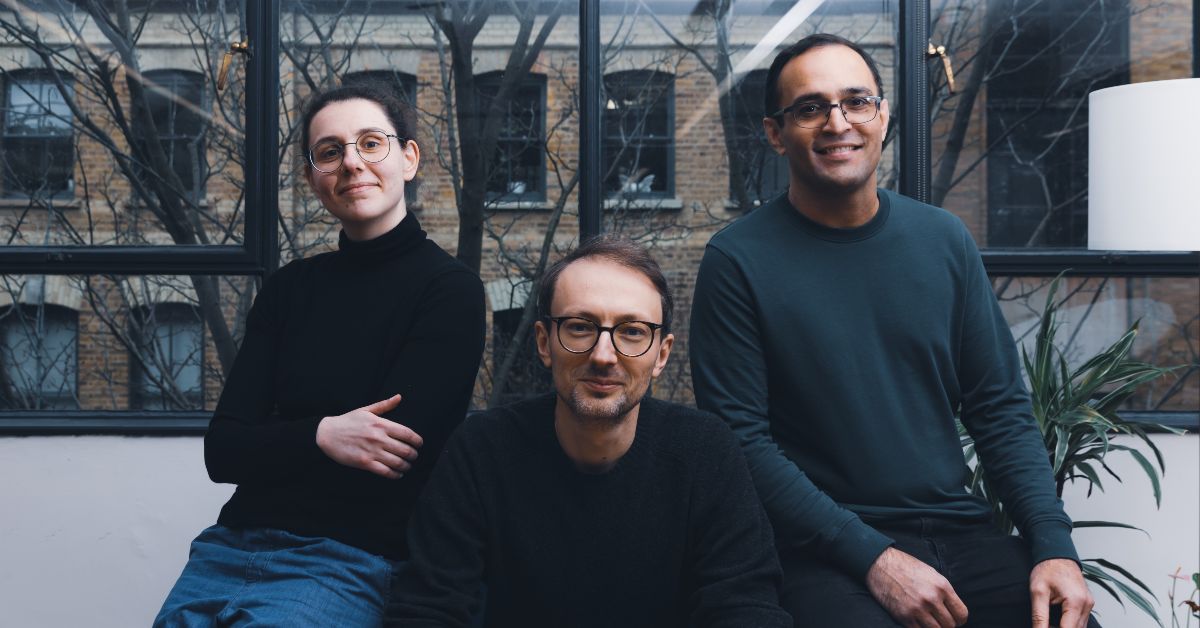
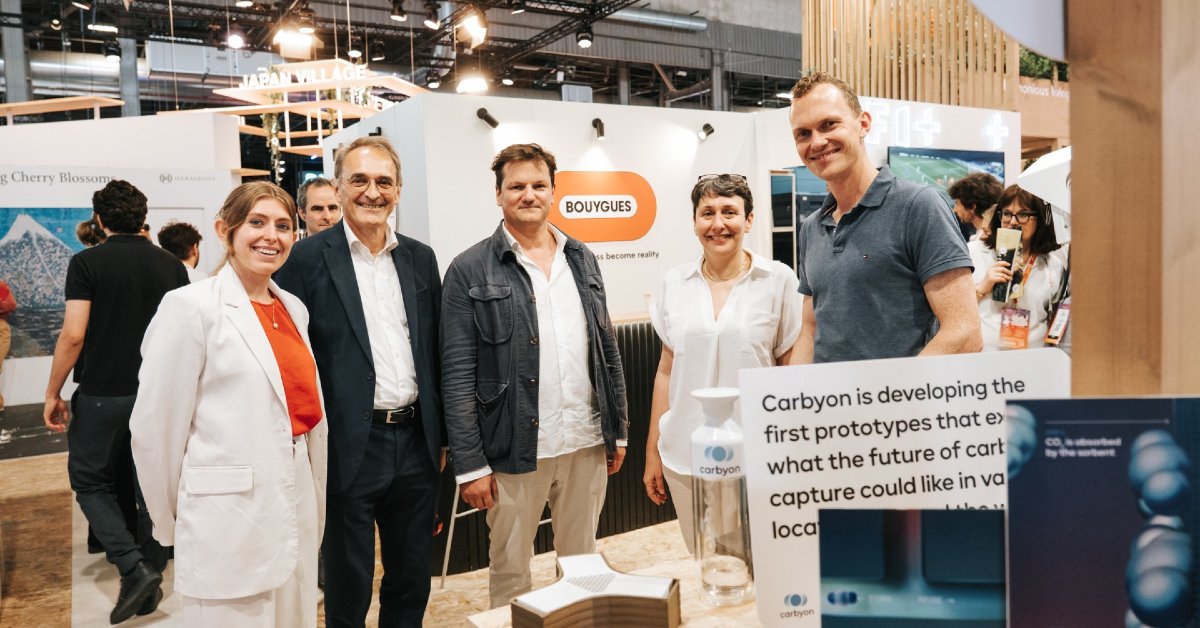
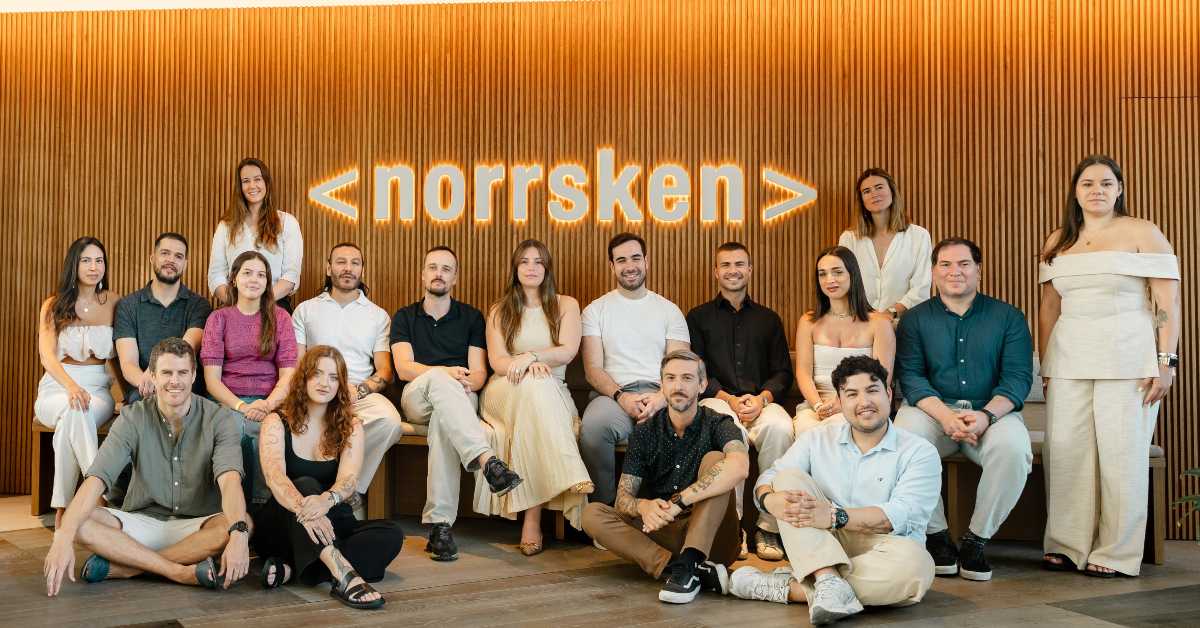
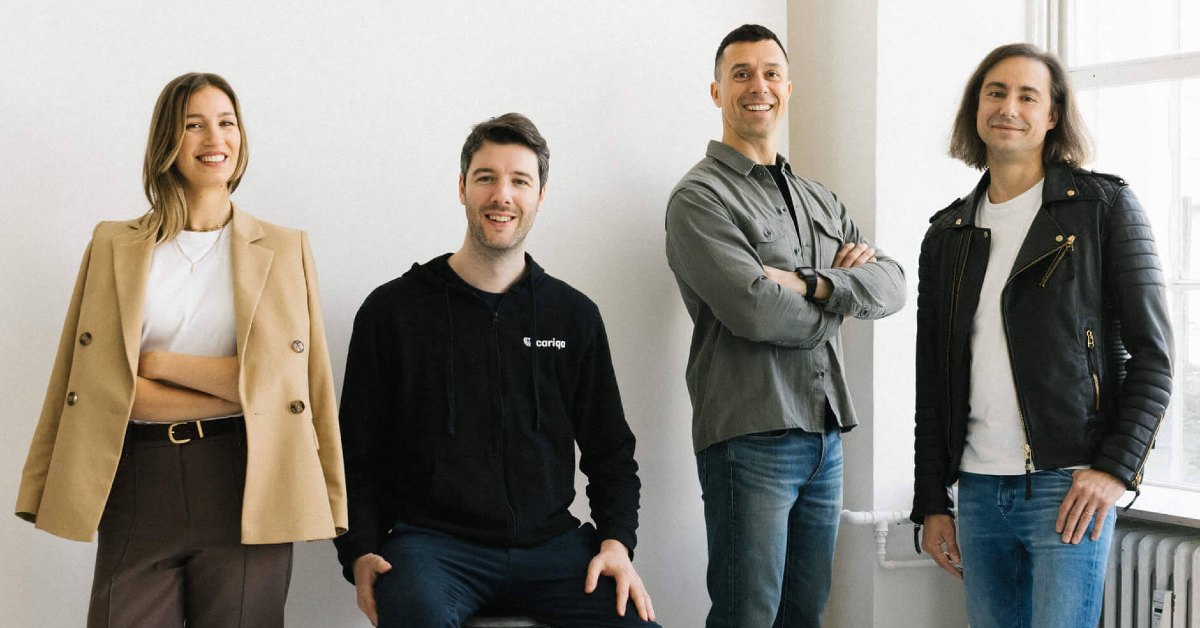


01
From telecom veteran to Dutch Startup Visa success: The Jignesh Dave story